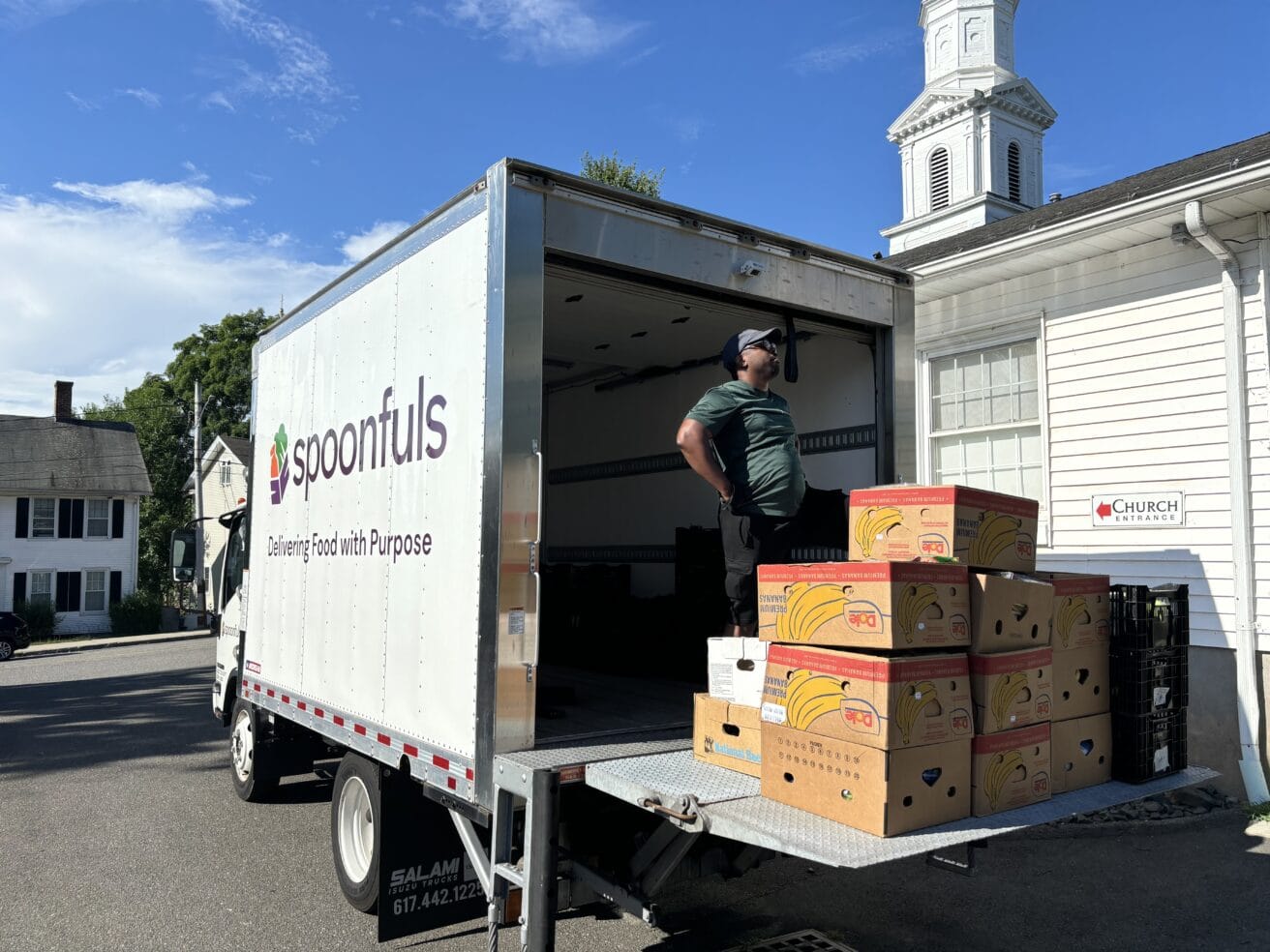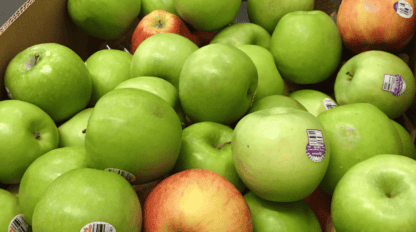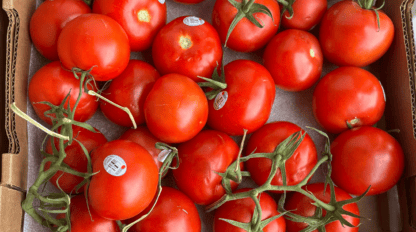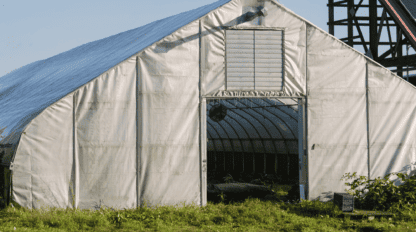This year in advocacy: A look back at big wins (and continued opportunities to reduce waste, feed people, and respond to the climate emergency)

As we near the end of 2024, our team is taking a look back at progress on our Advocacy Priorities over the past year. We’re reflecting on a few big wins for reducing food loss and waste, feeding people, and responding to the climate emergency, as well as spotlighting continued opportunities to speak up for a more sustainable food system.
Read on — and explore what you can do now to get more involved in work on these issues.
The Wins
The introduction of a groundbreaking National Strategy for Reducing Food Loss and Waste and Recycling Organics
Topping the list of wins is the Biden-Harris administration’s National Strategy for Reducing Food Loss and Waste and Recycling Organics. Flowing from the 2022 White House Conference on Hunger, Nutrition, and Health, the strategy – which garnered bipartisan support when it was rolled out earlier this year – spotlights a range of important solutions to the problem of wasted food. These include building out food recovery infrastructure and calling for a campaign to prevent wasted food and educate consumers around date labels, a source of big confusion around when foods are good to eat. Work on this strategy is ongoing and, by most accounts, will turn on whether or not President-Elect Trump and his administration prioritize it.
Momentum around the NO TIME TO Waste Act
This bill, if passed, would transform many of the elements in the National Strategy for Reducing Food Loss and Waste and Recycling Organics into law, including support for more food recovery infrastructure and consumer education around food waste prevention. It gained bipartisan support in Congress this year, though is on track to time out, meaning the legislative session would end before it could come up for a vote. Even so, we’re galvanized by the good momentum, and think there’s hope for NO TIME TO Waste. See below.
The Massachusetts Organics Waste Ban continues to have an important impact
You can read more about the ban here. The amount of food diverted from Massachusetts’ landfills has more than tripled since the ban went into effect in 2014 (from 100,000 tons diverted then to 380,000 tons per year now). Food recovery is an important way that businesses (like the 90+ we pick up from) subject to the ban can comply with it. Importantly, though, there’s always room for improvement! Like… keep reading.
The Opportunities
Continue to hold elected officials accountable for work on national hunger and food loss/waste strategies
The National Strategy for Reducing Food Loss and Waste and Recycling Organics (referenced above, under “Wins”) and the National Strategy on Hunger, Nutrition, and Health are more than words on paper. These strategies have helped bring together business and nonprofit leaders, grassroots organizers, policymakers, and others who care about these issues to mobilize around them. (Locally, as one example, we have the Make Hunger History Coalition inspired by the White House Conference on Hunger and the National Strategy on Hunger.)
Here at Spoonfuls, our Public Affairs team has leveraged these strategies to broach conversations with elected officials in Massachusetts, growing support for the work we do and for food recovery more broadly. That’s why it’s incredibly important we don’t lose momentum.
What you can do: Reach out to your U.S. Congresspeople to let them know we’re counting on continued progress! We’ll be looking to them to prioritize these strategies and push their counterparts to do the same, because while the administration is changing, our interests in the issues we care about isn’t! Plus, there’s a history of bipartisan support for measures just like these that are aimed at reducing food loss and waste!
Take NO TIME TO Waste to the finish line
We got close. There’s opportunity to get closer — to actually get it done.
What you can do: Again, here, be in touch with your Congresspeople! Let them know that one way we can get this bill passed is as a marker on the Farm Bill when negotiations resume. Leverage the history of bipartisan support for food waste reduction efforts like this one.
Raise ongoing awareness of the Massachusetts Organics Waste Ban and the role of food recovery in ensuring good food doesn’t go to waste
The state set an annual food waste diversion goal of 780,000 tons per year by 2030 – and the Waste Ban is a part of it. We’re currently approaching half that, which means we still have a ways to go to reach this important goal.
Two things we think are important: 1) Ensuring every business subject to the ban understands it exists, how it pertains to them, and what options they have for diverting food waste and 2) ensuring still-edible food reaches people who need it while it’s still good to eat (read: prioritizing food recovery as a strategy for businesses working to divert waste).
What you can do: Help spread the word, especially if you have a connection to a food business that might be subject to the ban. As one option: share this.
Learn more and stay up to date on our latest goings-on, including opportunities to lend your voice in support of Spoonfuls’ Advocacy Priorities. Sign up to receive our emails (we’re careful not to over-email) and follow us on Instagram, Facebook, and LinkedIn @spoonfulsfoodrecovery.


